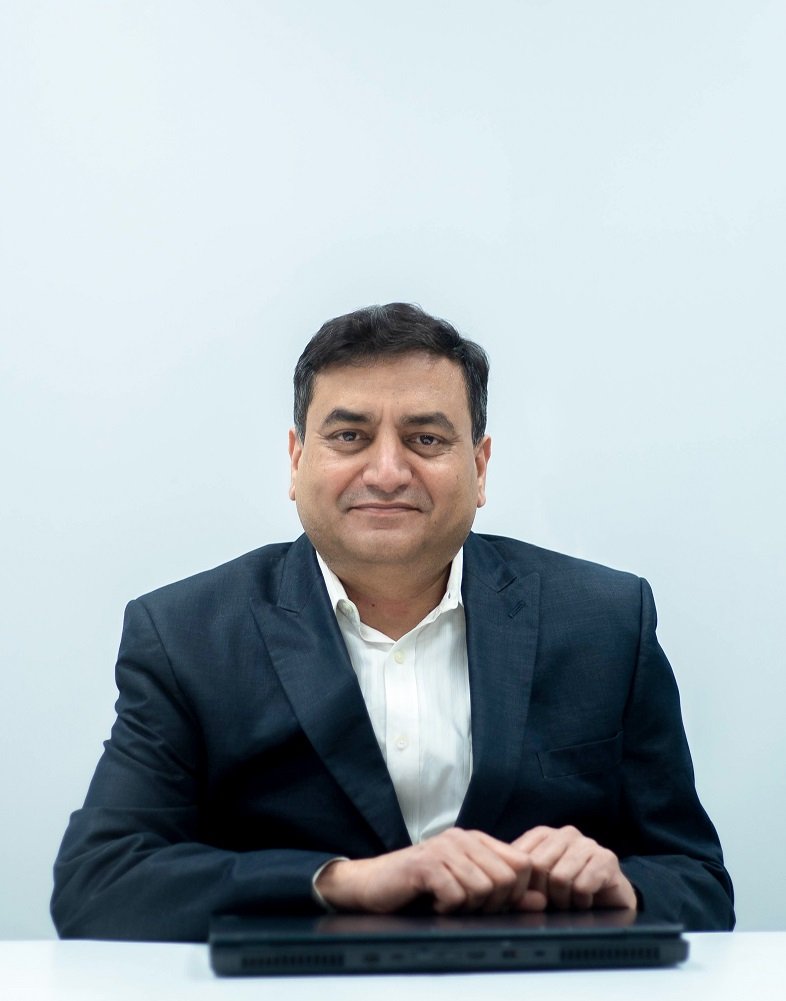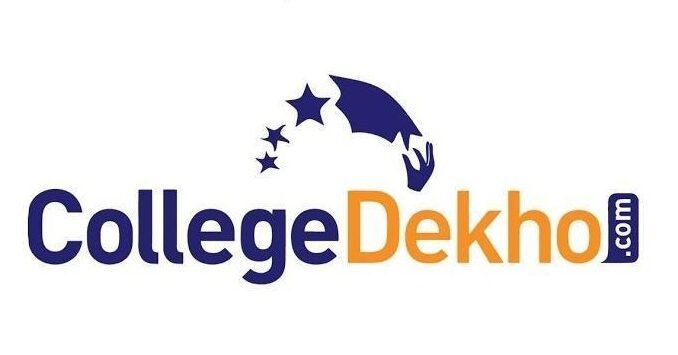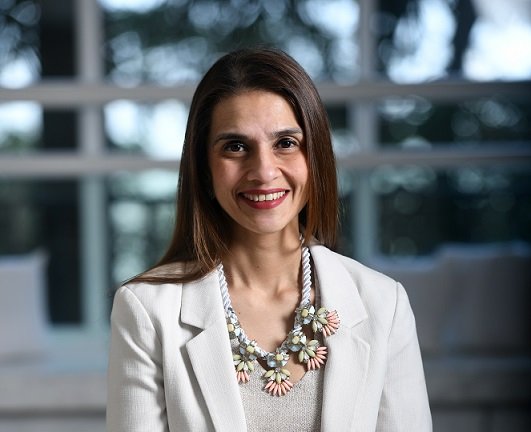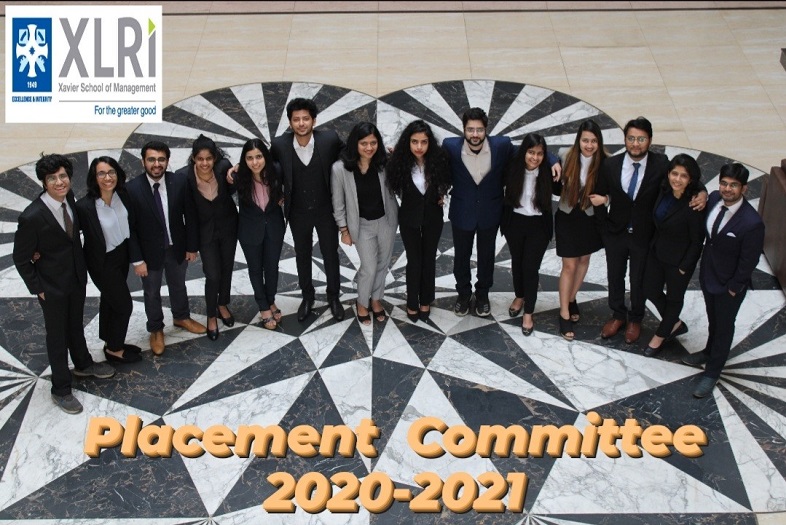Digitization of Education
By Bipin, Dama, Founder & CEO, Saras-3D, Inc
After a challenging school year of learning through video calls with a spotty internet connection, it is now apparent that the way we educate our children is ripe for innovation. This moment is an opportunity for school systems to be reflective, scrap the parts that don’t work, and find new ways to reach students beyond the traditional education model. Yet, it’s also a moment for parents to rethink the way their children learn and find strategic ways to best support them during this time so that they can reach their full potential. To achieve this, we need to leverage technology to engage students in ways they never have before.
To stay engaged, students need a way to mimic the in-classroom experience while they study from home. This engagement happens when students can learn through exploration, as if they were learning in a real-life laboratory. New technological developments are making this possible. We’re seeing new educational platforms that use 3D simulations and virtual hands-on learning methods that allow students to interact with the material.

This technique is based on stereoscopy, a technology that combines special eyeglasses with a booster box to create a three-dimensional, interactive learning experience. Using this tool, students can learn twice as fast with a deeper understanding and better recall. By playing with scaled models, topics are depicted in the same way they exist in real life.
Learning by doing brings back the excitement and joy of learning. For example, if students were to learn about apples simply by reading about them, their understanding would be pretty limited and quickly forgotten. But if those same students could see, touch, taste, and smell apples, they would receive the necessary context that is grasped only through an interactive experience. By lighting up the senses through interaction, sustained learning is achieved. This is the joy of learning. The same level of understanding is achieved digitally through 3-dimensional, interactive learning. The more students interact by playing with the objects, the faster they can understand and remember the concepts behind the topic.
We know that rote memorization doesn’t work because there is no engaging pattern or effort made to relate the content to students’ lives. The solution to this problem, is that the curriculum must actively relate new knowledge to previous knowledge. This approach is essential for mathematics because each concept builds on the last. By clearly stacking concepts, students are consciously aware of their progress, encouraging them to keep going.
When students recognize these patterns, exploration becomes more like a treasure hunt. Students seek out the “why” behind the concept, helping them truly understand in a much deeper way. Just like experiencing an apple through one’s five senses, the act of discovery helps students make connections and bridge ideas that build new pathways in their brains. This way, more brain connections are available when students need to recall the memory later on.
This solution for our children doesn’t require an internet connection to access the content. This also makes blended learning possible to study at home by layering different methods that mimic the in-classroom experience. For instance, virtual labs and 3D videos coupled with online learning fundamentals such as quizzes and analytics guide students through multiple media to guide them through each concept thoroughly.
The ultimate result is two-fold; students master skills swiftly. Parents relax, knowing their children are engaged and actively reaching their academic goals. Together it’s how we can strengthen our children’s ability to thrive as they study from home.
Our education system is at an impasse. For students to continue to learn and grow, education needs to evolve digitally. Without digitization, the best scenario sees students maintaining the status quo. It, of course, presumes that students continue to practice and study using materials they can find, even if it’s inadequate. While this would likely minimize further damage, it wouldn’t help students grow.
Unfortunately, most students don’t have access to supplemental resources, and the most likely outcome is regression. At the moment, some students are experiencing extreme physical and emotional stress. It is possible that without support, students can regress and begin the next school year even further behind than they were before school closures. In this situation, the knowledge loss can be rapid and set students behind for years to come.
This doesn’t have to happen. In fact, with a high-quality digital platform, students can quickly remediate any learning loss that previously happened. With continued use, students can far surpass their previous levels and come out ahead during this time. Stereoscopic 3D learning could be one of the best opportunities for students to accelerate their academic growth.
About Saras-3D:
Saras-3D, Inc is a dynamic start-up comprising technology innovators and educators who are harnessing the power of stereoscopic 3D technology and interactive visualization to elevate and transform the learning experience for K12 students. The company has launched its patent pending Genius 3D Learning solution, India’s 1st interactive stereoscopic 3D solution aimed at creating the right foundation for learning and acquisition of knowledge for K12 students to help foster STEM innovators and problem solvers of tomorrow and empower them to compete and succeed globally. Genius 3D Learning takes a hands-on, experiential approach to science and mathematics concepts that fosters deeper understanding, 2X faster learning and higher retention, consequently better test scores. Headquartered in Pennsylvania, U.S. the company operates in India through its wholly owned subsidiary 3D EdTech Pvt Ltd.










